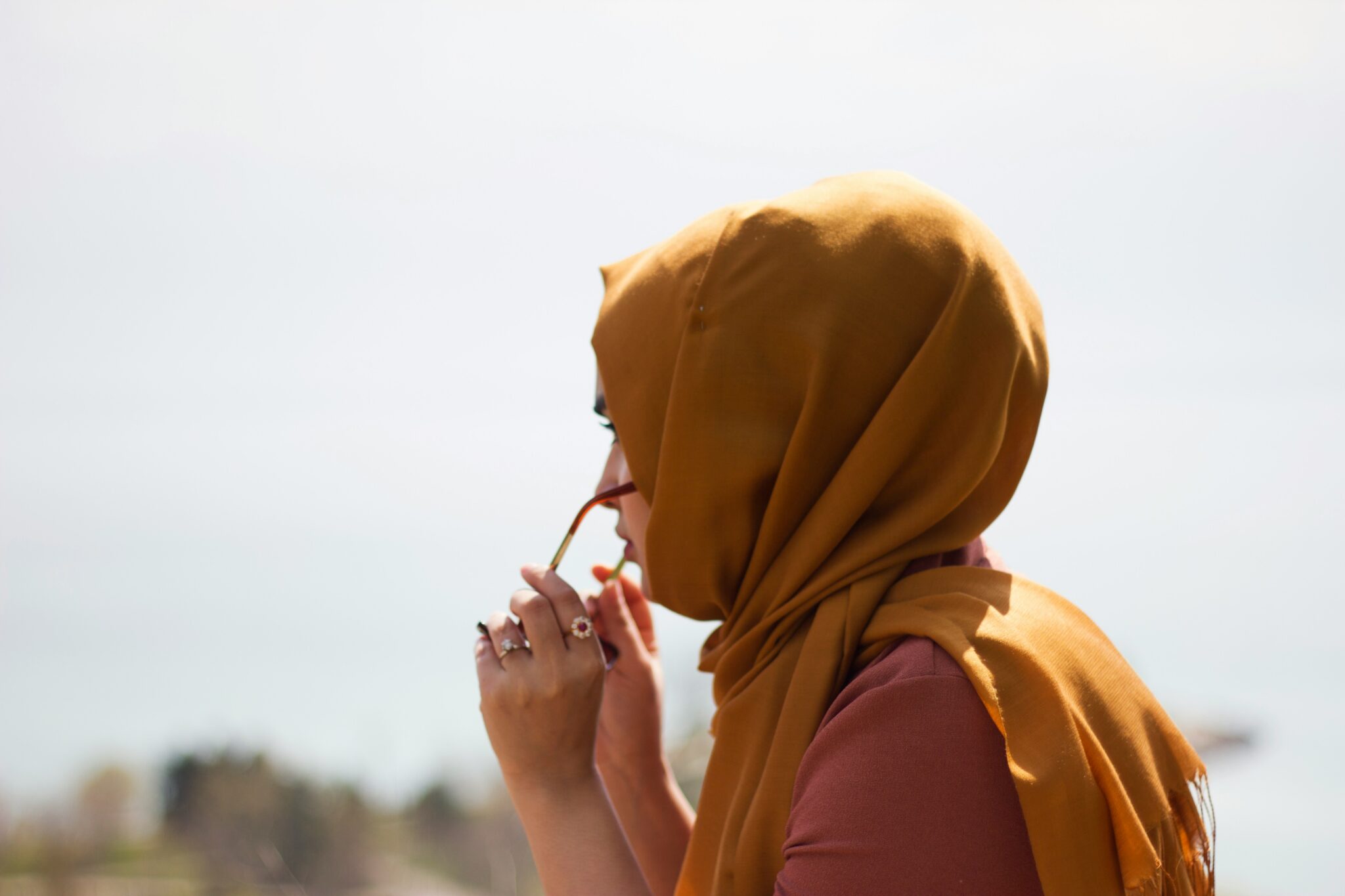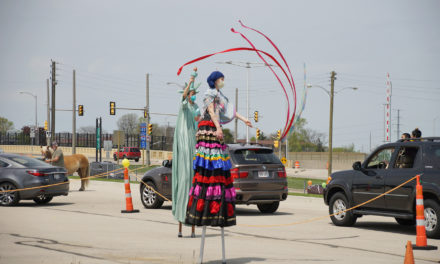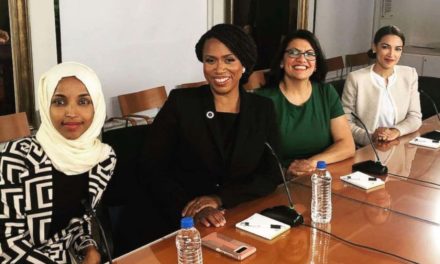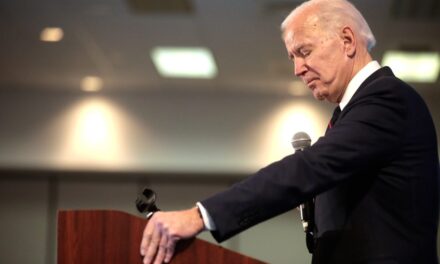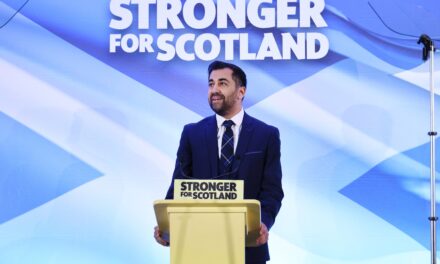The Muslim American community is at a generational turning point, one that calls not for cautious optimism or slow, negotiated progress, but for decisive and unapologetic agenda-setting. For too long, we have been trained to believe that our victories lie in representation, access, and reconciliation. But history has shown time and again that systems do not change through symbolic presence. They shift only when pressure is applied, power is consolidated, and narratives are boldly defined by those willing to lead with principle, not permission.
Higher education is the terrain where these battles are most critical. For decades, Muslim students, faculty, and scholars have been policed, silenced and sidelined within academic institutions. We’ve been told to wait our turn, moderate our voices, and temper our critiques for the sake of civility. But as the moral failures of the academy become impossible to ignore from complicity in genocide to the suppression of free speech, there is now a rare and urgent opening. Now is the time not to barter for influence. Now, we must set the agenda.
Faux Progress
Post-9/11, many Muslims Americans channeled their energy into ostensibly pragmatic pathways: joining interfaith groups, forming diversity offices, running for local office. These gestures were never meant to be the endpoint, but over time, they became indistinguishable from strategy. The result was a community caught in a loop of incrementalism, reliant on validation from institutions that have continued to devalue our principles and discard our people.
The current political moment clearly demonstrates that we’ve reached the limits of reconciliation politics. The Treaty of Hudaybiyyah (628 CE) may have been prudent in a moment of tactical restraint, but our current context demands the resolve of Uhud (625 CE). The enemy has shown its hand in the form of universities that punish students for advocating for Palestinian liberation, media outlets that suppress Muslim voices, and political parties that exploit our votes while callously ignoring our pain.
It’s time to stop asking for inclusion and start defining the terms of engagement. We are not knocking at the door of their institutions anymore. We are working to build our own.
Higher Education as an Intellectual Battlefield
Universities are not neutral spaces. They are ideologically saturated arenas that produce knowledge, shape public policy, and determine who is heard and who is erased. For Muslim communities, this has meant decades of surveillance, suspicion, and silencing, particularly around issues of war, empire, and the Israeli occupation of Palestine. The suppression endured by Muslims within higher education is systemic, but so too is the opportunity that it provides.
The fractures present in higher education in the United States are undeniable. Universities are losing public trust. Faculty are disillusioned. Students are mobilized in ways not seen in decades. And administrations, caught between moral cowardice and economic dependence, are scrambling to preserve their legitimacy. This chaos opens a space not to be managed, but to be claimed.
Muslim North Americans must no longer approach academia as a space to request acceptance into it. Rather, we should see it as a system to be redirected. We need not just more Muslim faculty, we need Muslim-led research centers that shape public discourse. We need endowed chairs that unapologetically center justice, liberation, and resistance. We need academic positions that are not contingent on funding from foreign governments or elite donors with ties to weapons manufacturers or apartheid states. We are not here to participate in the debate. We’re here to reframe it entirely.
Strategic Control, Not Symbolic Wins
We’ve celebrated firsts for too long: the first hijabi this, the first Muslim that. Now is the time to move past token milestones and into strategic infrastructure building. Power is not representation. Power is control. It’s agenda-setting. It’s the ability to influence decisions before they’re even on the table. The goal is not to become leaders. The goal is to shape the ecosystem that defines leadership itself. That means controlling funding streams, launching journals, setting accreditation standards, and training the next generation of scholars not to assimilate, but to liberate.
We don’t need more panels. We don’t need more access. We don’t need to explain our humanity. We need to direct policy. We need operational autonomy. We need to assert our political, spiritual, and intellectual vision within academic spaces in the United States without compromise.
Recalibrating Our Political Compass
This shift in strategy must also carry over to the political realm. We can no longer afford to be a community that votes defensively, donates reactively, and organizes sporadically. We must become a force that operates from a clear and principled political compass rooted in anti-colonialism, economic justice, environmental stewardship, and global solidarity.
American political institutions will not reform themselves. We must set the terms of their reform because if we do not, others will, using our names, our identities, and our enforced silence as cover.
Now is the time to ask: What kinds of political futures are we willing to imagine? What kind of intellectual world are we willing to construct? If we continue to operate within the lines drawn for us, we’ll only replicate antiquated colonial systems that were never intended to serve us.
Generational Thinking
The political and academic power we seek is not a project targeting one election cycle or one specific political appointment. It’s a generational task. That means investing in institutions that will outlive us, narratives that will carry beyond this decade, and movements that will be resilient long after media attention fades.
We must stop building to respond. We must start building to last.
Jewish and Christian communities in the U.S., for example, built institutions, think tanks, endowed professorships, legal defense funds, and publishing houses that operate with strategic patience and long-term vision. Muslim Americans have the capacity to do the same only if we stop expecting the existing system to validate us and start imagining structures that operate outside of it.
The Lessons of Uhud and the Folly of Complacency
Uhud reminds us that even the most righteous struggle can be compromised by complacency, internal division, and premature celebrations. That is where we are now. The cost of waiting, appeasing, and compromising our principles for proximity to power has become too high. We are being watched, surveilled, and punished for daring to raise our voices. That is not a sign of failure. It is a signal that we are nearing the truth, and that the institutions around us fear it.
Uhud was a wake-up call not to retreat but to regroup with greater discipline, sharper strategy, and collective resolve.
We must make this the moment where Muslim communities decide: we will no longer outsource our values to other organizations. We will not be managed, moderated, or molded into acceptable versions of ourselves. We will write our own manifestos, define our own alliances, and set our own priorities.
The Work of a Generation
To students: do not silence your convictions for the promise of internships or fellowships. You are not naïve, you are necessary.
To scholars: keep writing. Keep teaching. And when they try to suppress you, know that your work is what they feared most.
To community institutions: fund intellectual risk-takers, not political chameleons. Endow the people who dream bigger than the systems they’re navigating.
To parents: raise children who are bold in their faith and fearless in their vision.
To all of us: stop apologizing for wanting more.
This is our opening. We strive not to lead someone else’s movement, but to define our own. The systems are cracking, and we should not spend our energy trying to hold them up. We need to build something new. Let the world know the era of inclusion politics is over. The era of agenda-setting has begun.
By Nadia B. Ahmad
Nadia B. Ahmad is a law professor at Barry University and a Ph.D. candidate at the Yale School of the Environment. Her research centers environmental justice, AI, and energy policy.
